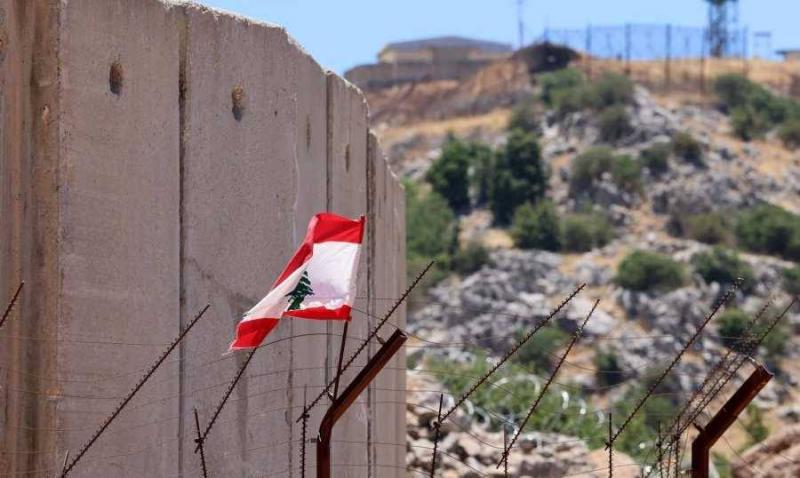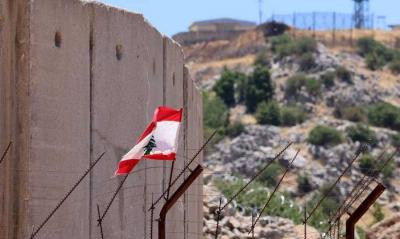The escalation between Hezbollah and the Israeli army has expanded alarmingly, although it remains within certain controls and has not completely departed from the established rules of engagement between the two sides. However, this newfound intensity necessitates attention towards what has become the greatest threat to the state and entity if Israeli Prime Minister Benjamin Netanyahu proceeds with his major war in the south. Therefore, the visit of French Foreign Minister Stéphane Séjourné to Beirut carries an exceptional dimension amidst the crystallization of a clear international stance urging for a halt to the escalation in the south and a return to the relative stability that existed before October 8, 2023. The resolution 1701 will undoubtedly be the focal point of the French visit, according to “Al-Liwaa.”
What somewhat reassures is that major decision-making capitals reject covering Netanyahu’s intentions, unlike the international climate that preceded the July 2006 war. It is no secret that that war enjoyed American-international support in the context of the geopolitical and demographic maps being drawn for the new Middle East. This support provided the necessary momentum for it to last 33 days, which Israel currently lacks.
Among the signs of the rising success rate of the current French endeavor is the claim that it is based on agreement with the American administration and the continuous communication between Paris and Washington. The meeting at the White House between Jean-Yves Le Drian and Amos Hochstein is merely one aspect of this communication. There are commonalities between French and American ideas, the most significant being the cessation of operations and the deployment of the army along the borders, alongside concealing any manifestations of armed groups, while allowing a degree of flexibility in addressing Hezbollah's concerns regarding any settlement arrangements.
The question of withdrawing Hezbollah elements from the area south of the Litani River remains ambiguous, considering that the Lebanese argument holds that those elements are from the southern villages and it is impossible to request their evacuation, as this would mean moving entire families out of the south into the interior, causing local disruptions.
The stance of Hezbollah regarding the updated French ideas formulated by Paris, taking into account the party's reservations about the initial paper it rejected, will remain to be seen. It has become well-known that the new French document that Séjourné will present to both Speaker of the House Nabih Berri and caretaker Prime Minister Najib Mikati, as well as Foreign Minister Abdallah Bou Habib, includes three points to be implemented over three time phases as follows:
1. Cessation of hostilities on the borders.
2. Evacuation of the party and groups associated with it from border areas, but with a suspension on determining the geographical distance, which may be revisited at a later stage.
3. Establishing the borders, including the 13 disputed points with Israel, alongside Israel's withdrawal from the Kfarshouba hills and the outskirts of Mari town, and finding a sustainable solution for the Shebaa farms situation.
Séjourné may explore presidential prospects and the implications of electing a new president, but the main focus of his visit remains resolution 1701 as it is currently the only available framework for managing the process of restoring stability to the Lebanese-Israeli borders.
It has become evident that the external effort is primarily focused on diffusing the war in the south, while the presidential issue occupies a lower position on the priority scale. This reality is reflected in the efforts of the five ambassadors, which continue to stagnate, while more than one ambassador has indicated that the president's election is not yet timely, awaiting the conclusion of the Gaza war—a clear reference to Hezbollah's assertions of its unwillingness to engage in any discussions until that war ends. The only one who seems adamant is U.S. Ambassador Lisa Johnson, affirming that the upcoming president will be elected before the end of May, but she is cautious when asked about the source of this optimism, refraining from delving into any additional details or explaining her expectations regarding the forthcoming presidential landscape. However, it is certain that a diplomat of her caliber does not speak out of wishful thinking, nor is she swayed by emotions or impressions, nor does she act on spur-of-the-moment ideas.
Regarding American viewpoints, a recent visit by Hochstein did not establish anything new, as he was quoted saying to those he met with among deputies in Washington that the presidential file and the Gaza front are interconnected, but for now he would only address resolution 1701, according to "Al-Liwaa.”




